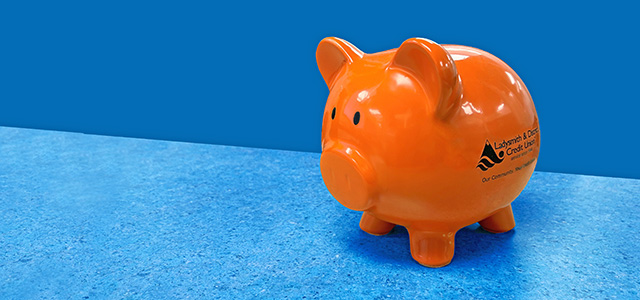Your gross debt service ratio compares your monthly housing costs against your monthly gross income. Generally, your monthly housing costs should be less than 32% of your monthly gross income.
The total debt service ratio looks at all your debt including housing, credit cards, and loans. Generally, your total monthly debt should be no more than 40% of your monthly gross income.
Online calculators like the Mortgage Qualifier Calculator on this site are very helpful in determining what you can afford.







